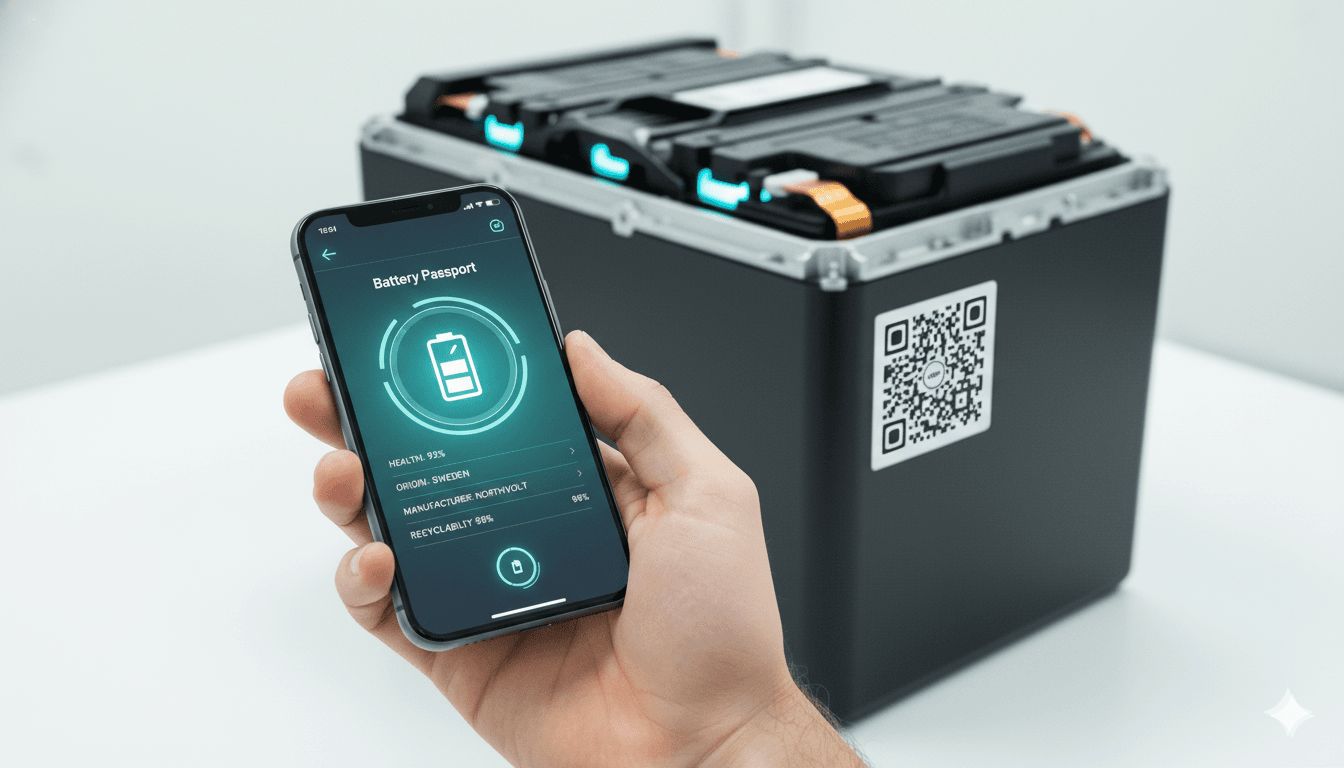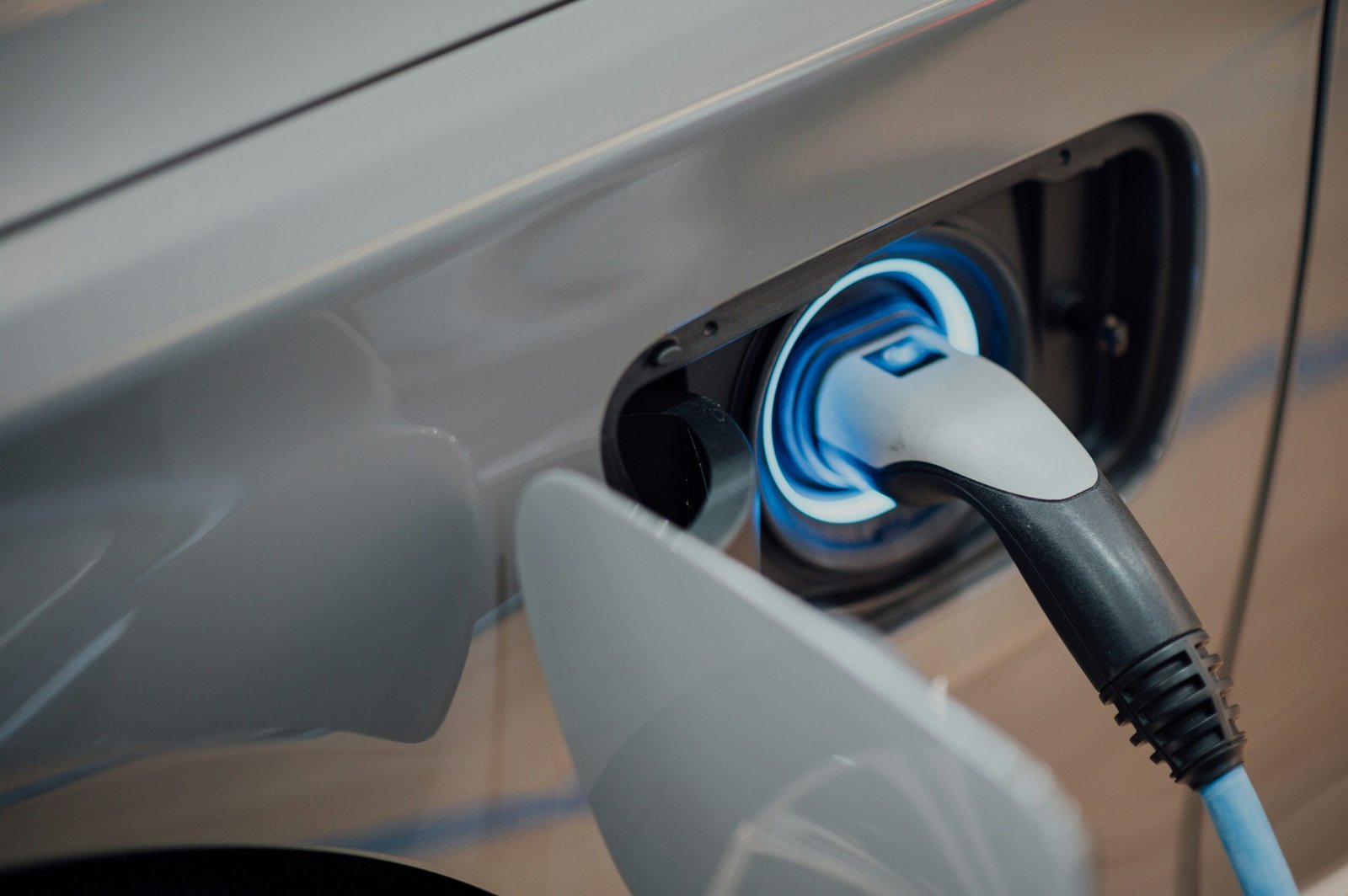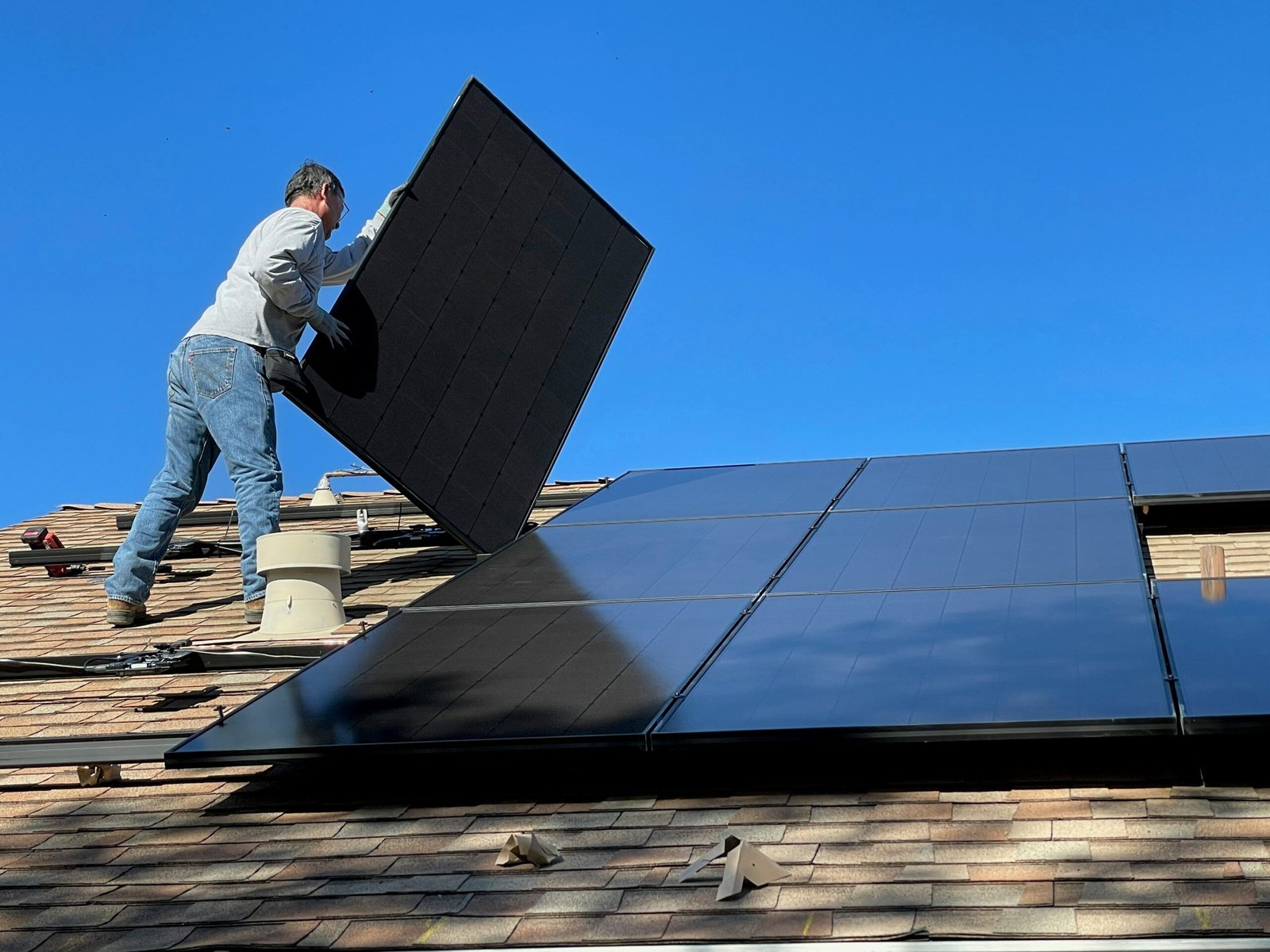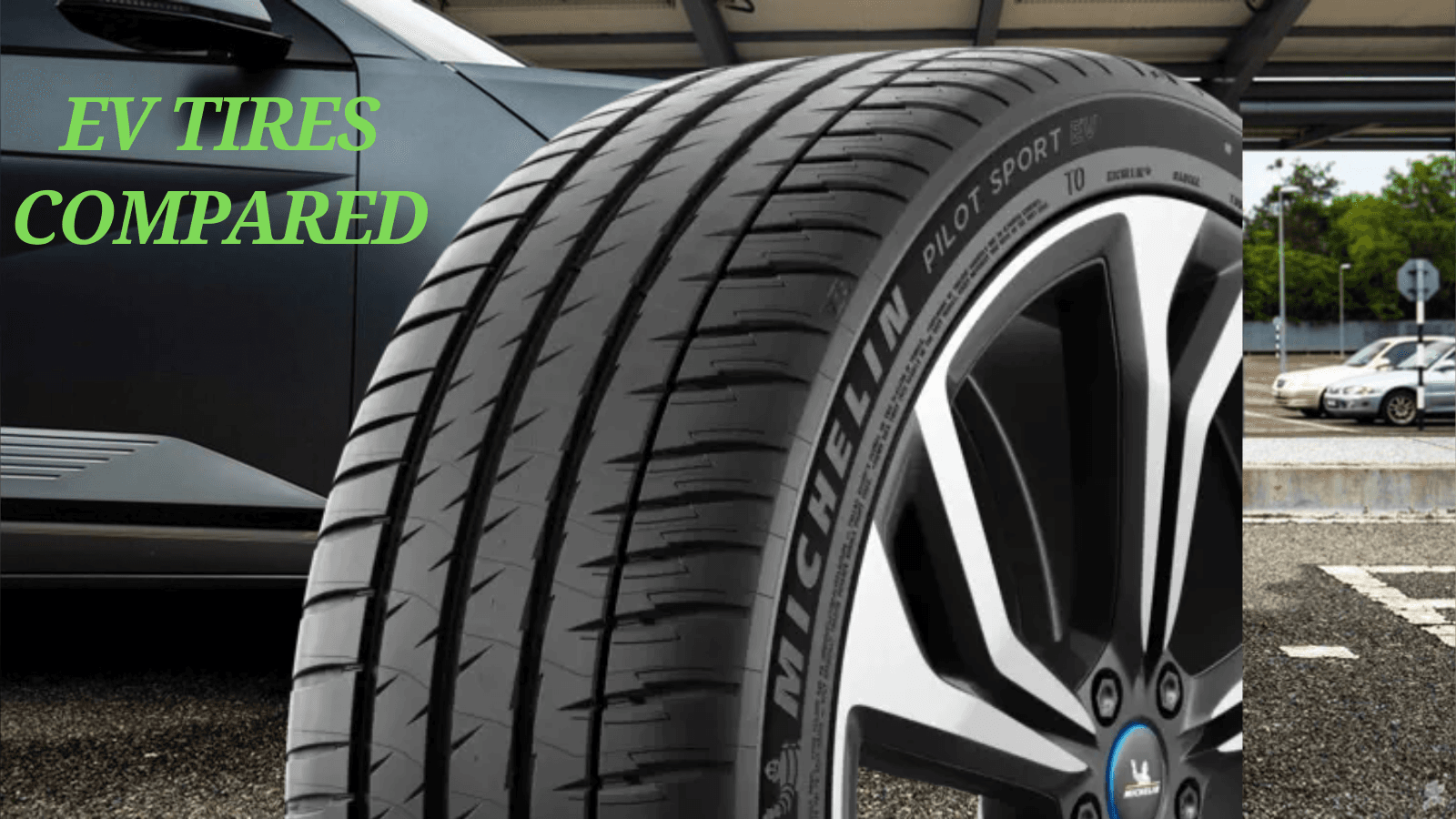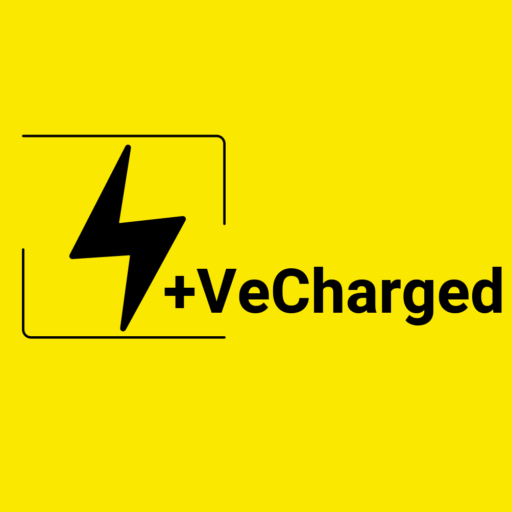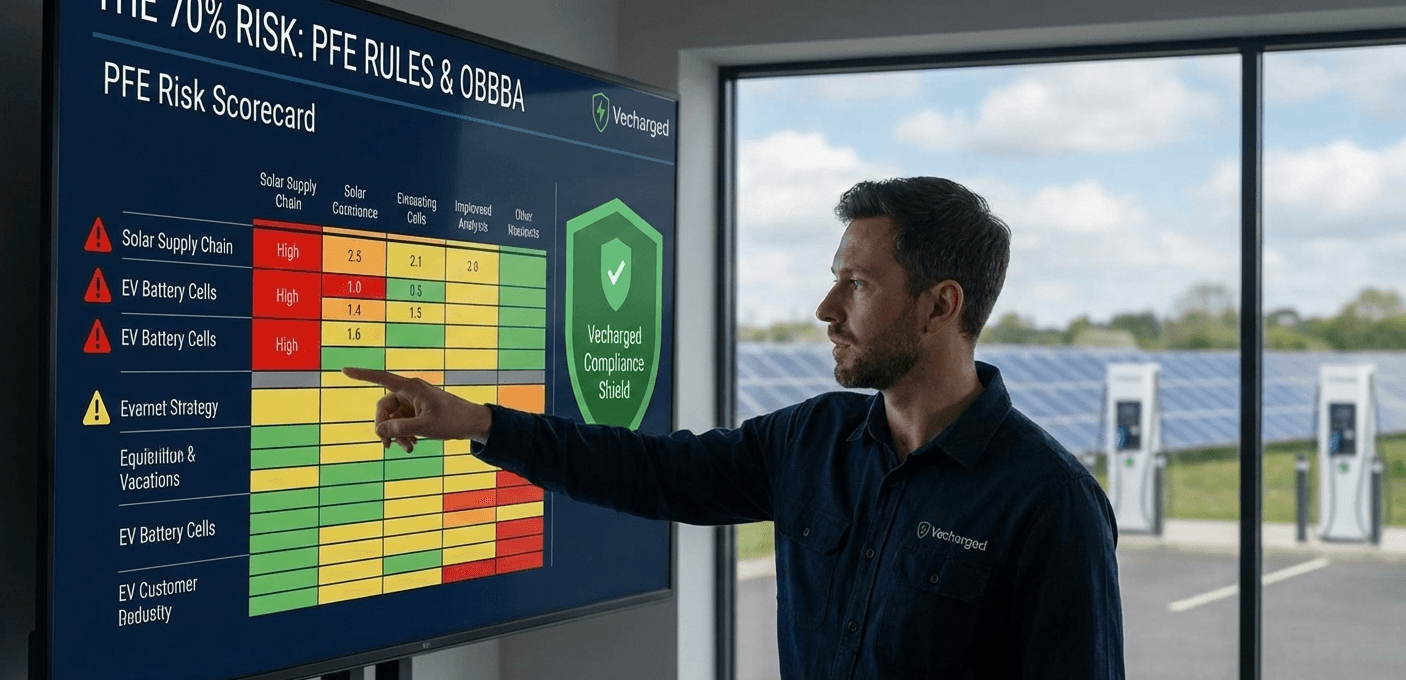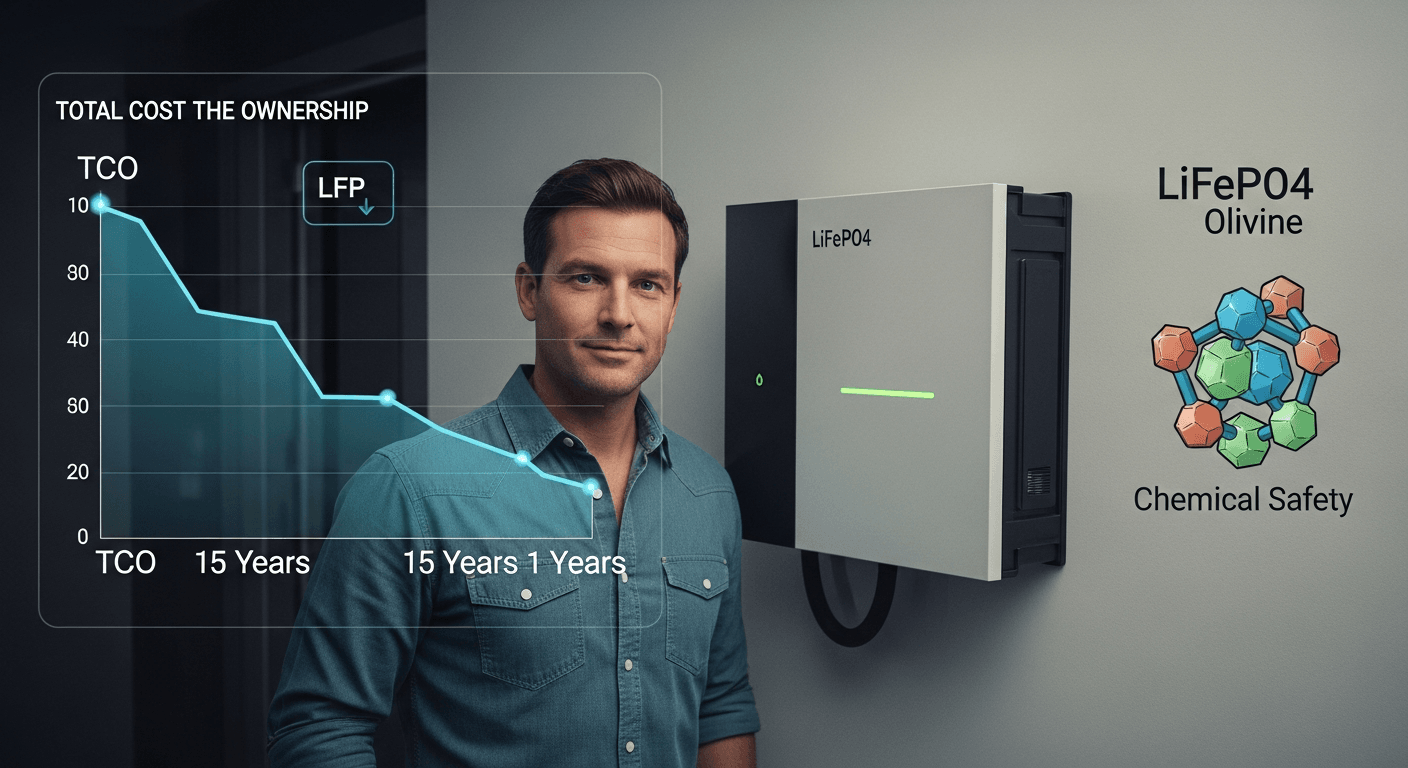Let’s be brutally honest. Buying a used electric car today feels like a massive gamble. You can check the tires and look for scratches, but you have no real way of knowing the health of its most important and expensive component: the battery.
You’re staring at a car that looks perfect, but you’re haunted by the fear that its battery has been abused. You’re worried you’re about to spend a fortune on a car whose battery is a ticking time bomb, leading to a repair bill that could cost more than the car itself.
This fear is the single biggest barrier to a healthy used EV market. But that’s all about to change. A new technology, mandated by law, is coming that will bring radical transparency to the industry. It’s called a Battery Passport, and it’s the game-changer we’ve been waiting for.
The $15,000 Problem: Why Battery Health is a Black Box
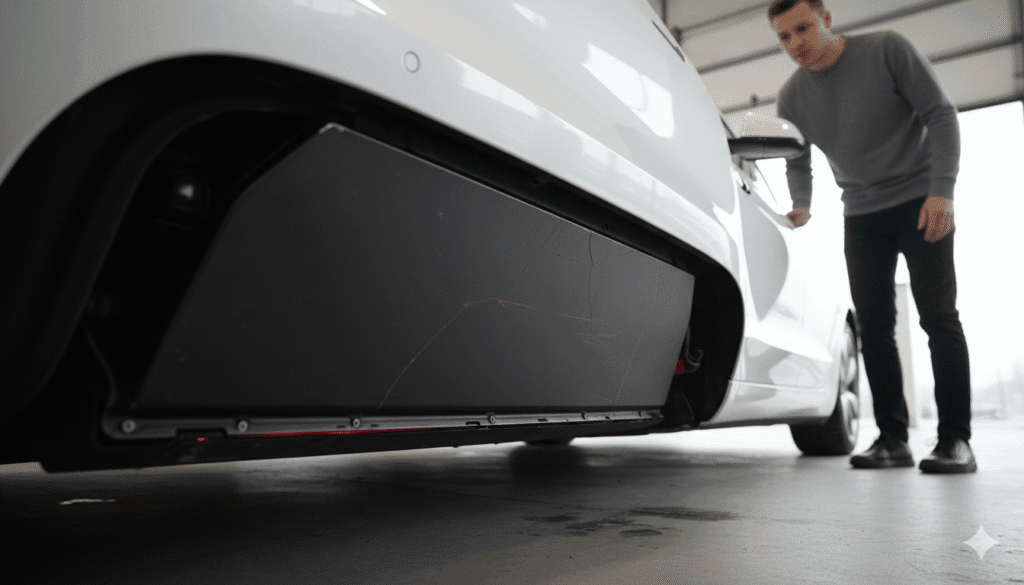
The financial risk of buying a used EV with a degraded battery is not an exaggeration. The battery pack is a marvel of engineering, but it’s also staggeringly expensive to replace, accounting for 30-50% of the vehicle’s original cost.
To put this in perspective, here are the typical out-of-warranty replacement costs for some popular EV models in the US market.
| Electric Vehicle Model | Estimated Battery Replacement Cost (USD) |
| Tesla Model 3 | $14,000 – $16,000 |
| Ford Mustang Mach-E | $18,000 – $22,000 |
| Chevrolet Bolt | ~$16,000 |
| Nissan Leaf (62 kWh) | ~$9,500 |
(Source: Vecharged analysis of industry estimates and data, 2025)
Without a reliable way to verify the battery’s true condition—its “State of Health” (SoH)—buyers are simply rolling the dice on a five-figure liability. This is where the Battery Passport steps in.
The Solution: A Digital Record of Your Battery’s Life
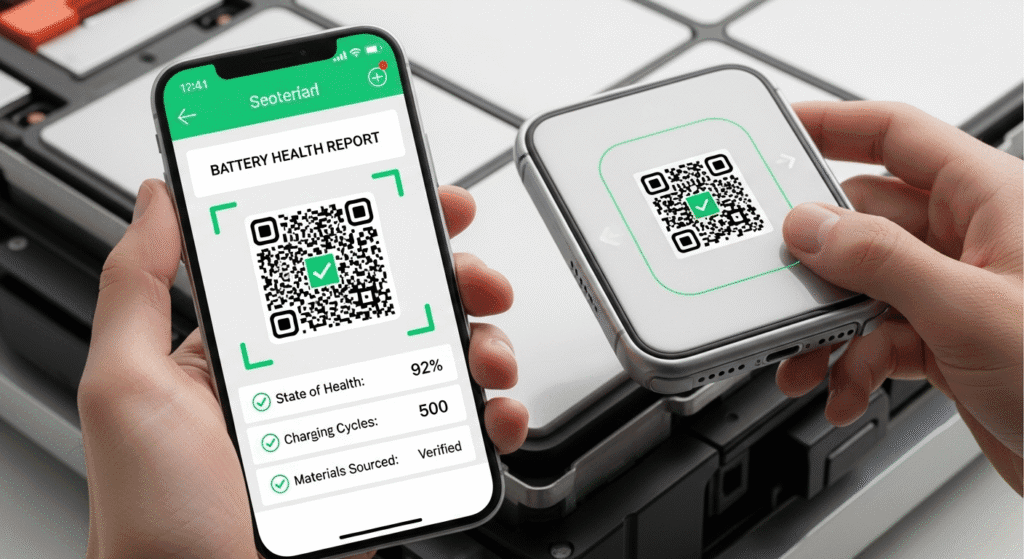
So, what is a Battery Passport?
Think of it as a secure digital record of your battery’s life story. Mandated first by the European Union for all new EVs sold starting in February 2027, this digital passport will be accessible via a simple QR code on the battery itself.
The initial 2027 version will be like a birth certificate, providing crucial baseline information:
- General Information: Battery model, manufacturing date, and chemical composition.
- Ethical Sourcing Data: Information on the origin of raw materials like lithium and cobalt.
- Carbon Footprint: Data on the environmental impact of its manufacturing.
This is a powerful start, but the real magic comes next. In later phases, regulators will require the passport to include the battery’s full medical history, including its current State of Health (SoH) and performance data. This tamper-evident digital record will be the ultimate source of truth.
A Glimpse into the Future for the US and India

While this is an EU law, its impact will be global. Automakers are not going to build two different types of batteries—one with a passport for Europe and one without for everyone else. The EU’s massive market power will force a global standard.
- For the US: While not yet law as of late 2025, discussions are already underway. With the US used EV market projected by some analysts to grow by over 800% in the coming years, the demand for this transparency will become a consumer expectation.
- For India: As India’s EV market matures, a similar problem will emerge. The Battery Passport provides a ready-made blueprint for the Indian government to implement, ensuring the second-hand market for popular models like the Tata Nexon EV is built on a foundation of trust.
How This Changes Everything
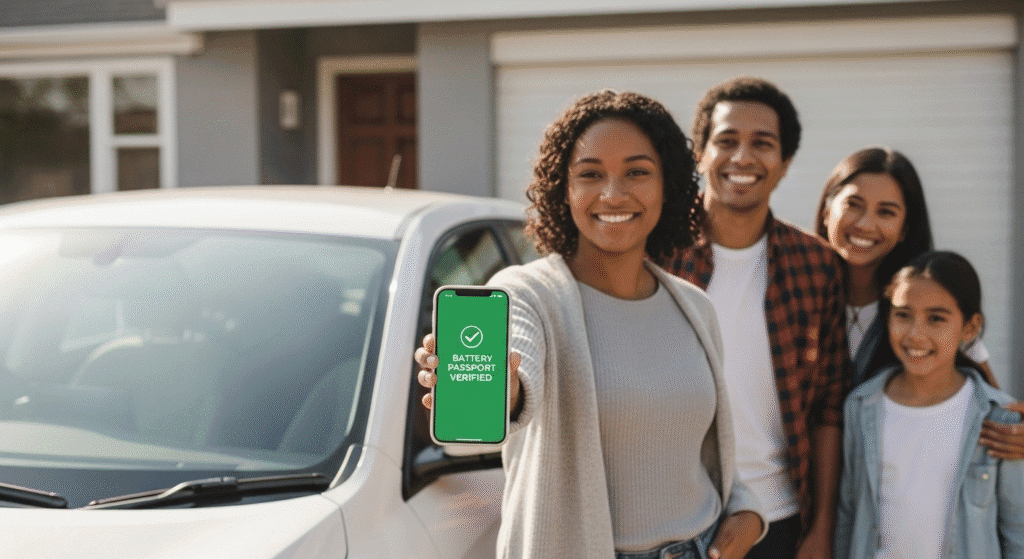
The impact of the Battery Passport will be profound. For a used EV buyer, it eliminates the guesswork. You will be able to scan a code and see a clear, undeniable history of the battery’s condition, just like checking a car’s odometer.
This will:
- Empower Buyers: You can make an informed decision and pay a fair price based on the car’s actual condition.
- Reward Responsible Owners: If you’ve taken good care of your battery by avoiding constant fast-charging, your car will have a higher, verifiable resale value.
- Hold Manufacturers Accountable: It will be easy to identify which battery chemistries and which brands perform best over the long term.
The era of buying a used EV blind is coming to an end. The Battery Passport is more than just a new regulation; it’s a fundamental shift in power, putting knowledge and security back into the hands of the consumer. It’s the game-changer that will finally unlock a trusted, mainstream market for used electric vehicles.

I’m a writer and analyst who explores the clean energy transition, with a focus on electric vehicles and solar power.
My journey began five years ago as a firm skeptic. Determined to debunk the hype around EVs, my in-depth research led to an unexpected conclusion: the future I was questioning was already here. This realization didn’t just change my mind; it put me in the driver’s seat of my own EV.
Today, I’m passionate about sharing the clarity I found. I provide the practical, data-driven insights people need to feel confident and excited about navigating their own path to a sustainable future.

